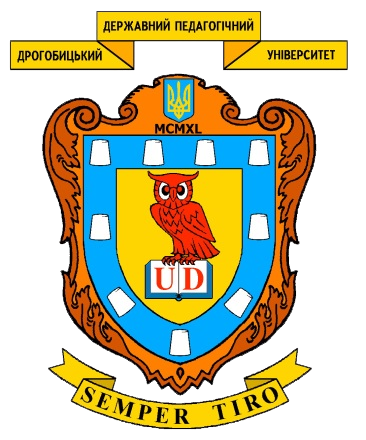ТЕОРЕТИЧНИЙ АНАЛІЗ ПРОБЛЕМИ СОЦІАЛІЗАЦІЇ ДІТЕЙ З ОБМЕЖЕНИМИ МОЖЛИВОСТЯМИ ЗДОРОВ’Я ЧЕРЕЗ СИСТЕМУ ІНКЛЮЗИВНОЇ ОСВІТИ
DOI:
https://doi.org/10.24919/2312-8437.45.197869Ключові слова:
інклюзивна освіта; обмежені можливості здоров’я; соціалізаціяАнотація
На сучасному етапі розвитку суспільства визріли передумови для переходу взаємин суспільства і осіб з обмеженими можливостями здоров’я на якісно інший рівень. З одного боку, це проявляється у тенденції до інтеграції людей з порушеннями розвитку в суспільство, а з іншого, до автономності від суспільства. Під інтеграцією розуміється принцип сумісності різних соціальних груп при збереженні ними своїх особливостей і об’єднанні в єдину спільноту, де вони взаємодіють на рівноправних засадах. У сучасному суспільстві процес соціалізації людей з обмеженими можливостями здоров’я ускладнюється тим, що провідним типом спеціального освітнього закладу, як і раніше, залишається спеціальна школа, школа-інтернат закритого типу. Ця обставина штучно ізолює дітей з обмеженими можливостями від суспільства, відриває їх від сім’ї. Хоча у нашій країні діти з обмеженими можливостями здоров’я виховуються і навчаються не тільки в домашніх умовах, але і в школах-інтернатах, будинках-інтернатах та корекційних школах, жодна з цих установ не розв’язує проблему соціальної ізоляції дітей з обмеженими можливостями здоров’я від однолітків. Вступаючи у спеціальні установи, діти з перших днів починають відставати в розвитку від своїх однолітків. Це відбувається через тяжкість інтелектуального порушення, наявного у дитини. Саме тому значною мірою особи з обмеженими можливостями здоров’я мають право на навчання в освітній установі загального призначення, основним завданням якої є інтеграція в життя і створення умов компенсації порушення з урахуванням не тільки біологічних, а й соціальних факторів. Подібна освіта називається інклюзивною або включеною.
Посилання
Адаптована конвенція ООН щодо осіб з особливими потребами. (2006, 13 грудня). Нью-Йорк. Взято з www.osmhi.org/index.php?page=200 &news=401&pages.
Акатов, Л.И. (2003). Социальная реабилитация детей с ограниченными возможностями здоровья. Москва: Владос.
Декларація про права інвалідів. (2006). Взято 29 січня 2019 р. з www.zakon.rada.gov.ua/cgi-bin/laws/main.cgi?nreg=995_117.
Жаворонков, Р.Н. (2005). Реализация права детей-инвалидов на образование (европейская практика и российский опыт). Человек и труд, 9, 22–28.
Зайцев, Д.В. (2004). Интегрированное образование детей с ОВЗ. Социологические исследования, 7, 127–132.
Методы работы с детьми с ограниченными возможностями здоровья. (б.г.). Взято 22 октября 2015 г. с http://www.s367.zouo.ru/index. php?id=1422.
Поликашева, Н.В. (2014). Формирование социального опыта у детей и подростков. Социализация детей с ОВЗ на современном этапе: научно-методический и прикладной аспекты, 1, 43–52.
Про реабілітацію інвалідів в Україні: Закон України від 20.12.2005 р. N 3235-IV (3235-15). (2006). Відомості Верховної Ради, 2–3, ст. 36–42.
Про внесення змін до деяких законодавчих актів України: Закон України від 19.12.2018 р. № 2249-VIII. (2018). Відомості Верховної Ради, 6–7, ст. 43.
Про внесення змін до Закону України «Про освіту» щодо особливостей доступу осіб з особливими освітніми потребами до освітніх послуг: Закон України від 23 травня 2017 р. № 2053-VIII. (2017). Взято 29 січня 2019 р. з https://zakon2.rada.gov.ua/laws/show/ 2053-viii.








